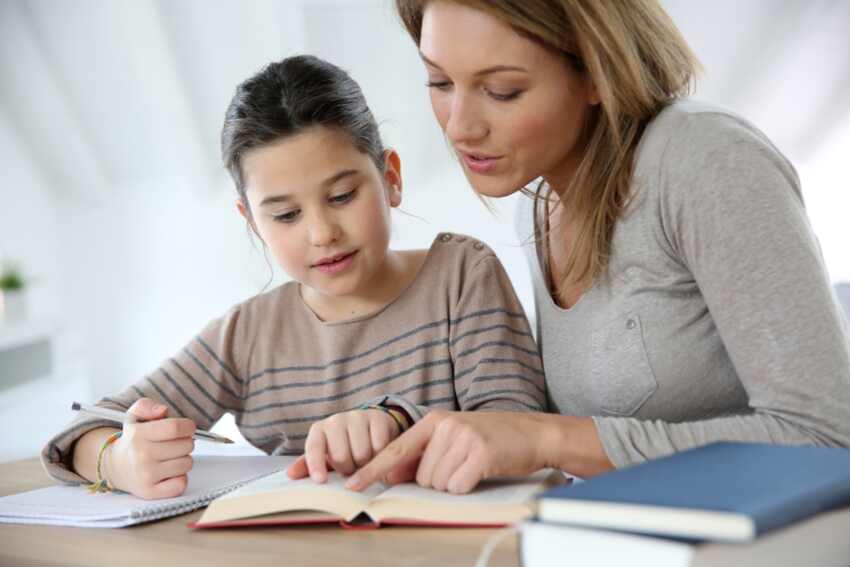Meeting the Needs of Today’s Diverse Learners: How Culturally Responsive Teacher Training is Changing Education
In today’s increasingly diverse classrooms, it is essential for teachers to understand and address the unique needs of their students. Culturally responsive teacher training is a crucial aspect of achieving this goal. This article examines the importance of culturally responsive teaching and how it is transforming education.
The Significance of Cultural Responsiveness
Cultural responsiveness refers to the ability of teachers to recognize and appreciate the cultural backgrounds, experiences, and perspectives of their students. It involves creating inclusive and supportive learning environments that value diversity and promote equity. By embracing cultural responsiveness, teachers can address the educational disparities that exist among diverse learners.
Understanding Students’ Diverse Backgrounds
One vital aspect of culturally responsive teacher training is helping educators understand the diverse backgrounds of their students. This includes studying their cultural heritage, language, traditions, and unique experiences. By gaining a comprehensive understanding of their students’ backgrounds, teachers can better tailor instruction and provide relevant examples and resources.
Teaching with Culturally Relevant Pedagogy
Culturally responsive teacher training also emphasizes the use of culturally relevant pedagogy. This approach entails incorporating students’ cultural references, perspectives, and experiences into the curriculum. By making learning relatable and engaging, teachers can increase students’ motivation and academic success.
Constructing Inclusive Learning Environments
Inclusive learning environments are an essential component of culturally responsive teaching. Culturally responsive teacher training equips educators with strategies to create classrooms that embrace diversity, promote respect, and celebrate individual differences. This includes implementing inclusive teaching materials, displaying diverse cultural symbols, and fostering a sense of belonging for all students.
Addressing Bias and Stereotypes
Culturally responsive teacher training plays a crucial role in addressing biases and stereotypes that may exist within the school system. Many educators are not aware of the implicit biases they may hold or the impact it can have on their students. By examining their own biases and challenging stereotypes, teachers can create a more equitable and inclusive learning environment for all learners.
Collaborating with Families and Communities
Culturally responsive teaching extends beyond the classroom walls. It involves building meaningful partnerships between teachers, families, and communities. Culturally responsive teacher training emphasizes the importance of involving families in the educational process, understanding their values and beliefs, and involving community resources to create a holistic learning experience.
Professional Development and Continuous Learning
Implementing culturally responsive teaching requires ongoing professional development and continuous learning. Culturally responsive teacher training equips educators with the knowledge and skills necessary to adapt their teaching practices and stay up-to-date with the evolving needs of their diverse students.
Success Stories of Culturally Responsive Teaching
Several success stories have emerged from classrooms where teachers have embraced culturally responsive teaching. By utilizing culturally relevant pedagogy, teachers have witnessed increased student engagement, improved academic achievement, enhanced cultural understanding, and greater social-emotional well-being among their students. These success stories highlight the transformative power of culturally responsive teacher training.
Culturally responsive teacher training is key to meeting the needs of today’s diverse learners. It empowers teachers to understand their students’ backgrounds, incorporate culturally relevant pedagogy, and create inclusive learning environments. By adopting culturally responsive teaching practices, educators can foster a more equitable and enriching educational experience for all learners, celebrating diversity and promoting success.
Nidhin
For More Details Call: +917510220582

